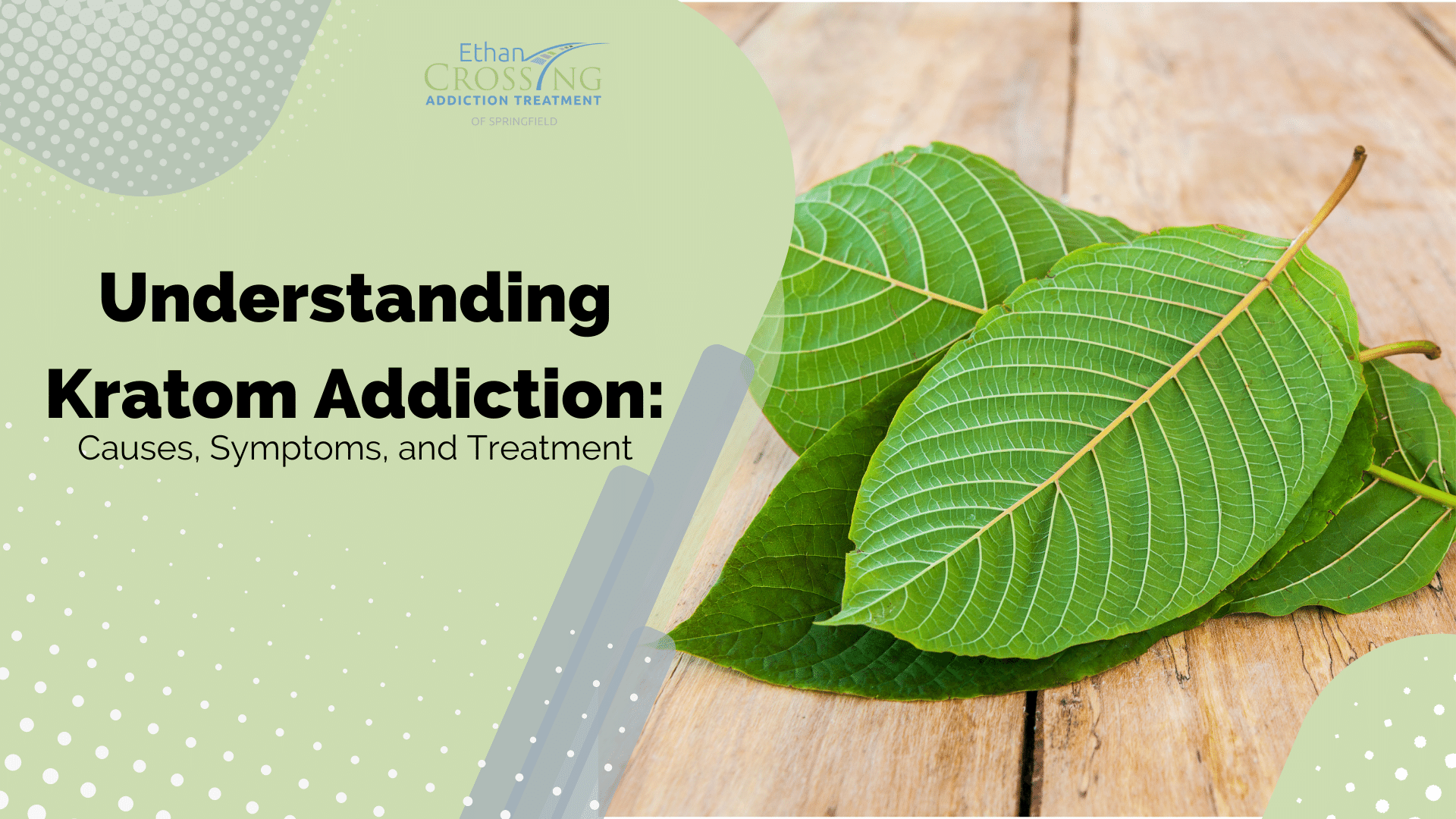Ohio’s Drug Court Programs: A Second Chance for Those in Recovery
Drug courts in Ohio are founded on the belief that drug addiction is not a life sentence. Unfortunate as it may seem, it is only a phase that comes and goes with the help of professionals and personal dedication. Drug courts are designed to give people with substance abuse issues a second chance at life…
Details













